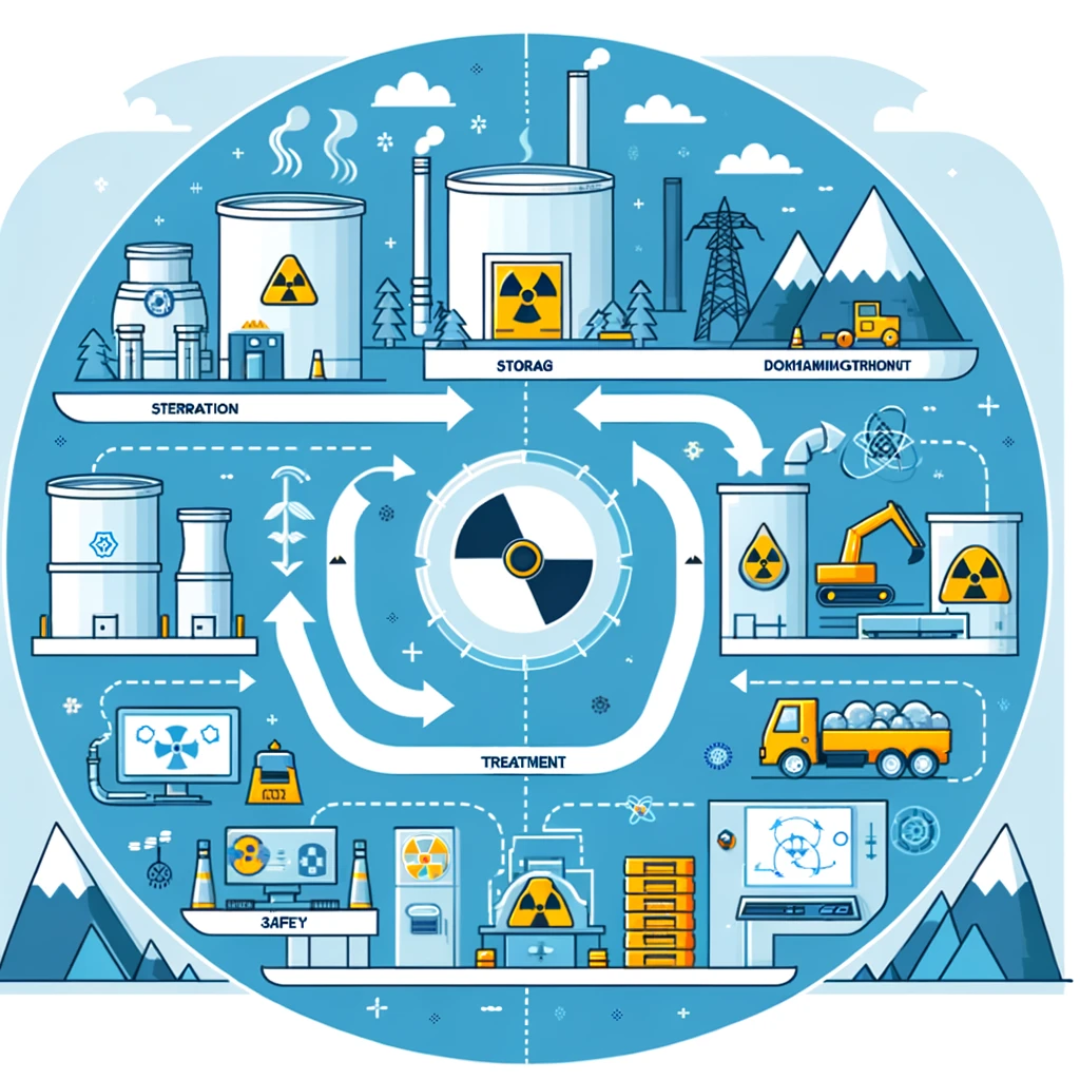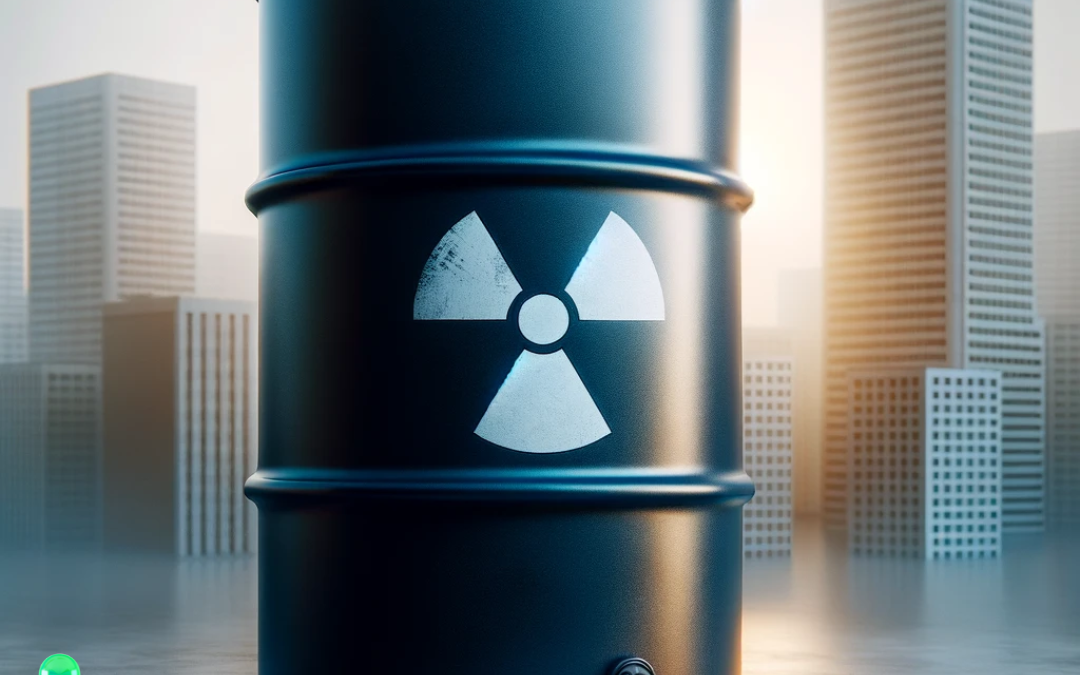
Nuclear power stands as a testament to human ingenuity, offering a promise of clean and abundant energy. Yet, this promise is shadowed by the daunting challenge of managing its byproduct—radioactive waste. Safe, long-term containment of this waste is not just a technical problem; it’s a societal and environmental imperative that calls for innovative solutions and robust policy frameworks.
-
The Weight of Radioactive Legacy: The spent fuel from nuclear reactors remains hazardous for centuries, necessitating foolproof isolation strategies. Current methods involve deep geological repositories, designed to be nature’s vaults, safeguarding humanity and the environment from potential radioactive harm. However, the risk of leaks, seismic disruptions, and the necessity for prolonged safety cast a long shadow on this approach.
-
A Glimmer of Hope in Technology and Policy: Technological strides in reprocessing and transmutation are redefining waste management, promising reduced radioactivity and volume of the waste. Countries like Finland are setting global benchmarks with their deep geological repositories, reflecting a dedicated approach to responsible waste management. Simultaneously, policy shifts are crucial in shaping a landscape conducive to adopting and advancing these technologies.
-
Navigating Challenges: Overcoming public apprehension, rooted in historical nuclear incidents and misinformation, is paramount. The path forward demands transparency, community engagement, and international collaboration. Addressing concerns about costs, accountability, and local impact is vital for gaining public trust and driving forward the nuclear agenda.
In summary, while the nuclear waste dilemma presents a complex challenge, it’s not insurmountable. A combined thrust of technological innovation, policy reform, and public engagement holds the key to unlocking nuclear energy’s potential as a sustainable power source. As we stand at this crossroads, the decisions we make today will define our energy landscape and environmental legacy for generations to come.
The article calls for a proactive stance, acknowledging the hurdles but focusing on the horizons of opportunity. By embracing innovation, fostering dialogue, and ensuring responsible governance, we can navigate through the nuclear waste dilemma towards a future where clean energy thrives, and fears are laid to rest.

